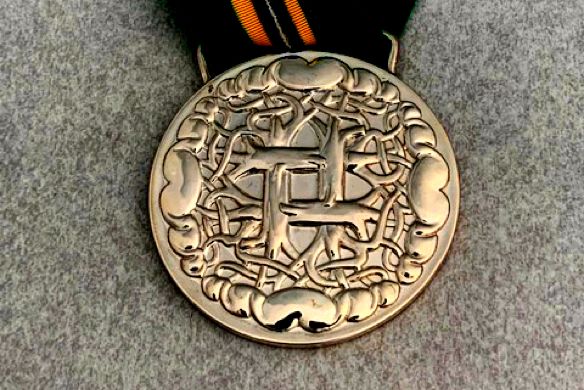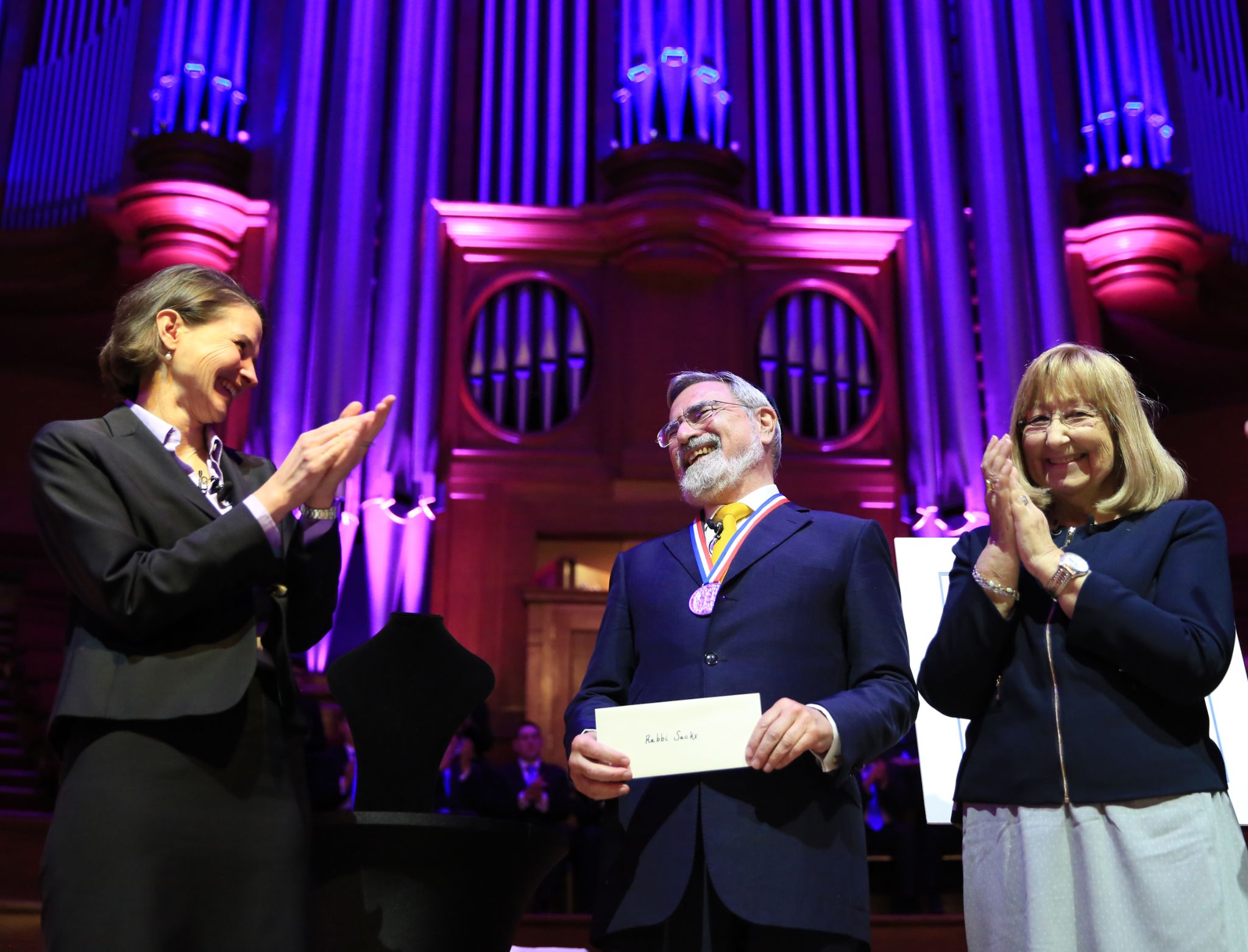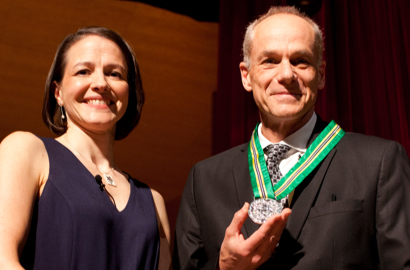Each year a group of independent nominators is invited to bring forward candidates.
Nominators are chosen based on their expertise in one or more key dimensions of the Prize, and an effort is made to have the group of nominators represent the spectrum of potential prizewinners. The nominators remain anonymous and may include scientists, philosophers, theologians, and representatives of different faith traditions.
Nominators are free to nominate any individuals that they judge best exemplify the purpose and criteria of the Prize. We encourage nominators to think beyond their own discipline and area of expertise. Qualified candidates are then reviewed by a panel of distinguished external judges who independently rank the nominees based upon how well they fulfill the criteria of merit. These judges have included royals, former presidents and heads of state, scientists, and religious leaders from the Buddhist, Christian, Hindu, Islamic, and Jewish traditions.
Nomination
A group of expert nominators is invited to submit nominations for the Templeton Prize. The nominators remain anonymous, and each is asked to make at least one independent recommendation. Nominators are invited to serve on the basis of their expertise related to the Criteria of Merit.
1
Review
Once the nominations have been collected and reviewed, nine independent Templeton Prize judges review the candidates’ dossiers. Past judges have included President George H.W. Bush, President Gerald Ford, and Prime Minister Margaret Thatcher, as well as eminent representatives from the sciences and various religious traditions.
2
Judging
The Templeton Prize Laureate is selected by a vote of the judges. Each judge makes an independent judgment of the candidates based upon the Criteria of Merit. Once selected, the Laureate is informed of the award.
3
Templeton Prize Criteria
The Templeton Prize honors individuals whose exemplary achievements advance Sir John’s philanthropic vision: harnessing the power of the sciences to explore the deepest questions of the universe and humankind’s purpose and place within it.
Candidates are recognized for their cumulative body of work rather than for their achievements within the last year.
Candidates may include scientists (primarily but not exclusively from the physical, biological, cognitive, and social sciences) whose body of original scientific research has shed new light on philosophical and theological questions.
Candidates may include scholars (primarily but not exclusively theologians and philosophers) whose scholarship has successfully incorporated the methods and findings of the sciences in order to significantly advance understanding with respect to philosophical and theological questions.
Candidates may include opinion leaders who have used their public voice as public intellectuals to encourage greater curiosity, open-mindedness, and intellectual humility with respect to the use of the sciences to inform, challenge, and enlarge our understanding of the universe and our place within it.
Candidates may include religious leaders who have created new norms, standards, and expectations within their religious communities, particularly concerning the use of the sciences to inform, challenge, and enlarge understanding of received doctrines within the religious community.